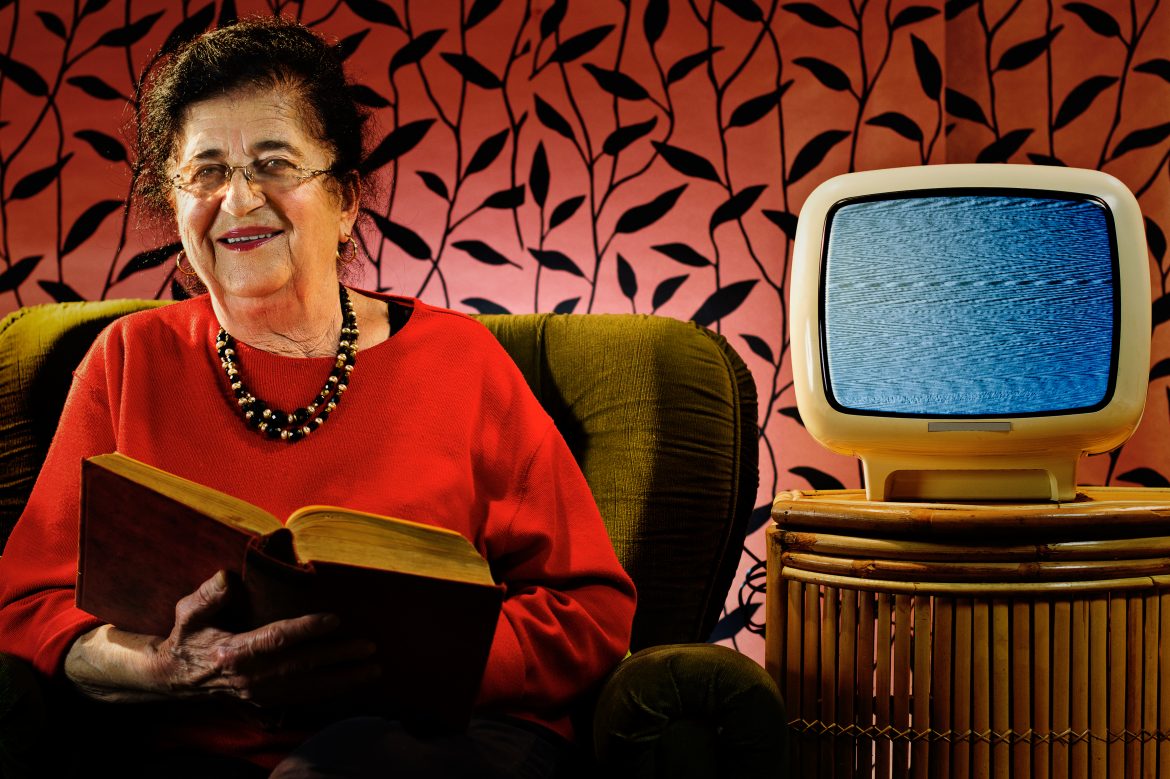
Lit Lovers Possess Greater Empathic Skills
When a new fantasy movie hits the theaters – like Harry Potter or Twilight – fans who read the novel that inspired the movie will usually get in a heated “book or movie” discussion with moviegoers. Those who reside in the “novel camp” will come out of the movie sad and disappointed. And they will go on and on about how the main character was “nothing like the real Anne Marie?”
Yet these novel fans have valid points. You will know from your own experience that stories transport us to brand new worlds with unique ways of living. When reading fiction, we may step into the shoes of a man, a woman, a child and even an animal. The mind roams freely when reading a story.
Fiction lovers have greater empathic skills
Kingston University’s postgraduate student Rose Turner made headlines in late May when she presented a study on the effects of reading versus watching television on social behavior at The British Psychological Society.
According to Kingston University reports, Turner’s study had 123 adult participants who completed an anonymous online survey. Study participants reported on their preferences for books, TV and plays. The research team also tested them on their interpersonal skills.
Findings showed that participants who preferred reading possessed greater awareness and empathy for other people’s feelings. In contrast, those who liked the remote control more than reading reportedly came across as “less friendly and less understanding of other’s views.”
As an actress/researcher, Rose Turner studies the relationship between empathy and reading fiction. She explains that "When we read we go by what is simply written on the page and we have to fill in the gaps as we go along, giving us a chance to develop empathic skills as we try to understand what a character is going through. Whereas when we watch something, we are provided with a lot of that information already.”
Emotional transportation in fictional reading
A study published in Open Access Journal, PLoS ONE in 2013 supports Turner’s study. Leading authors Matthijs Bal, PhD (University of Lincoln, UK) and Martijn Veltkamp, PhD (FrieslandCampina, Netherlands) examined the effects of fiction reading on empathy overtime. Producing two randomized controlled experiments, the researchers found that reading fiction increases empathic feelings only when readers feel emotionally transported into the story.
In the first study, researchers examined data from 66 Dutch participants. Participants were randomly assigned to either the “newspaper report” group or the “fictional chapter” group. Following the experiment, subjects were given an emotional transportation measure which aimed at figuring out the extent to which readers felt immersed in the story they read. Empathy, on the other hand, was measured three times (pre-experiment, post-experiment and one-week after the study) during the study. Participants also had to provide a written summary of what they read to assess careful reading of the assigned texts. What the authors found in the first study was that high emotional transportation in a fictional story was associated with greater empathy over time.
For the second study, Bal and Veltkamp recruited 97 new Dutch undergraduate students and randomly assigned them to either the fiction or the control group. These subjects read a different fictional text. Overall, the findings of the second experiment supported the findings of the first one. However, the researchers did point out that empathic skills of the “newspaper report” group decreased when they became emotionally transported into the story they read. In line with this finding the researchers argued that emotional transportation into a non-fictional story might lower empathy because it is difficult for readers to sacrifice realism for the sake of pleasure. In other words, it might be the case that fiction provides a safe environment where the reader can experience emotions freely – without having to realistically care for the people in the story.
It’s not over yet…
Both studies provide valuable insight into how we cultivate empathy but there is still so much to consider. Such as, how will reading the whole book influence empathic feelings as opposed to reading a fictional chapter?
Rose Turner is expected to present her work at the American Psychological Society this summer and we will be KUrious to see her final work.
REFERENCES
- 1. Bal PM, Veltkamp M (2013) How Does Fiction Reading Influence Empathy? An Experimental Investigation on the Role of Emotional Transportation. PLoS ONE 8(1): e55341. https://doi.org/10.1371/journal.pone.0055341
- 2. http://www.kingston.ac.uk/news/article/1856/22-may-2017-kingston-university-students-research-into-fiction-habits-and-personality-types-reveals-reading-may-make-us/
